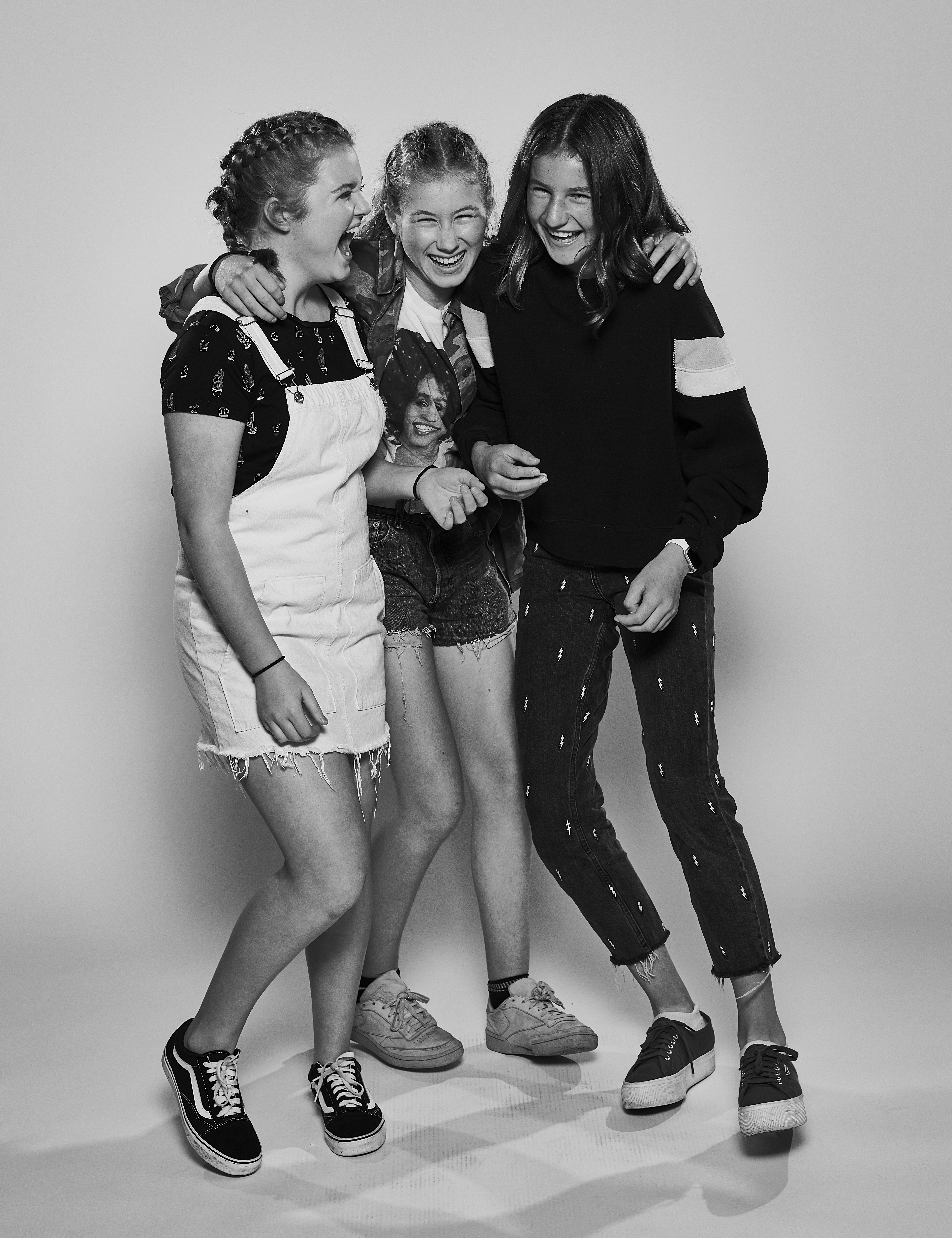Many people don’t talk about periods very much which is why there are plenty of myths and rumours surrounding periods. But don’t panic, when you’re on your period you won’t spoil the milk or make the mayonnaise go sour. Periods are perfectly natural ? not dirty ? and shouldn’t stop you doing all the normal things that you enjoy.
We’ve pulled together just a couple of common misconceptions (there are plenty more!):
-
Everyone can tell when you’ve started your period
No-one can tell when you’ve started your period unless you choose to tell them. Periods are private, but don’t have to be a secret. Remember, about half the population of this planet will experience periods at some point in their lives. It’s perfectly normal and perfectly natural
-
You can’t go swimming when you have a period.
There is no reason to not go swimming when you have your period (you won’t turn the whole pool red, and you won’t be eaten by sharks!). Unfortunately, you can’t really go in the water with a pad on, but using tampons or a cup, and changing them regularly, your period is secured whatever activity you take on.
-
You can’t have a bath or shower when you’re on your period
You can and should have baths and showers. Only a very tiny amount of blood will come out ? you won’t even notice
-
You should avoid sex when you have your period.
Sex during your period is fine as long as you and your partner are both consenting, but remember that having your period doesn’t prevent the risk of pregnancy.
-
You can lose your virginity by using a tampon.
Your virginity is a status that can only be changed by having intercourse.
-
Exercise is bad for you when you have your period.
Exercising is almost always good for you. If you have cramps during your period, exercise is actually the most effective cure, releasing endorphins into the blood and relieving cramps.
-
You cannot get pregnant when you have your period.
Sperm can live inside you for 5-7 days and you may ovulate during this time, so make sure you are using contraception if you have sex during your period.
-
Your period comes every 28 days.
Cycles vary from person to person and can be anywhere from 25 to 35 days long. In the first few years your cycle is likely to be very irregular, but it should then settle down. After changes to your cycle can be caused by stress, travelling between time zones, strenuous exercise, illness, or drastic changes in weight and diet. If your period is really irregular after the first couple of years, go and see a doctor.
-
You lose a lot of blood during your period and should therefore rest a lot.
Most people lose about one or two eggcups full of blood during their period, so no need to panic or lie down. However, if you are bleeding heavily (needing to change your pad every hour for several hours because it’s full) then go and see a doctor.
-
Some types of food are bad for you when you have your period.
When it comes to eating during your period the same rules apply as when you don’t have your period, so no need to drastically change your diet during your period. However, you might need more iron if you tend to lose a lot of blood during your period.
-
If you don’t get your period you’re definitely pregnant!
There are many factors that can delay your period. So a delay in your period doesn’t necessarily mean you’re pregnant. Your period could be late due to stress, weight gain or loss or other life changes.
But if you’ve had sex, and your period is nowhere in sight; take a pregnancy test! That way you’ll know for sure.
-
Hey Girls
PMS/PMT is all in the mind.
This myth probably remains from a time when Premenstrual Syndrome was looked at as an imagined disease. However, modern medicine proves that this is simply not the case.
It’s for real, and as many as 85% of all women experience some sort of symptoms.

